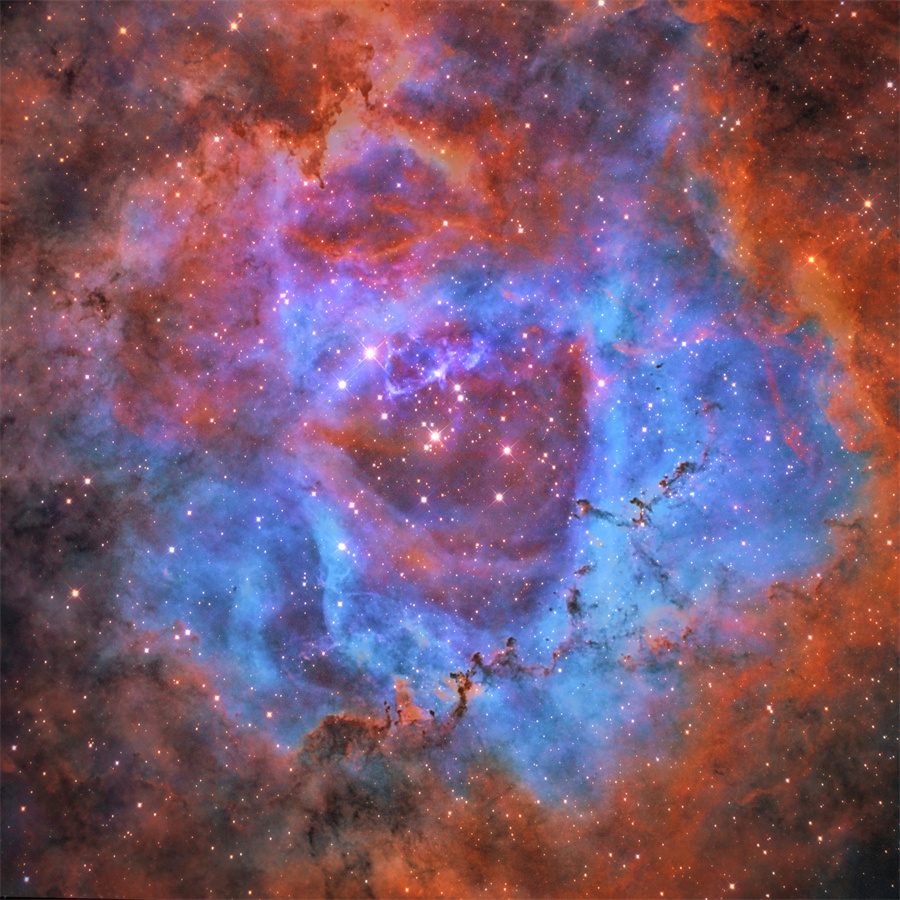Chinese photographers reach for the stars


Fascination with space
An Jiu told China Daily she had long been fascinated by the heavens but only began to photograph them relatively recently.
"I've loved outer space since I was a child, but because of city light pollution, I thought the images of the stars that I saw had been edited," she explained. "But seven years ago, I attended a stargazing event and saw the Milky Way clearly for the first time.
"I recognized its purity and wanted to share that moment with people around me, but my phone couldn't capture it. So, I started learning astrophotography."
Her winning entry was one of nine she submitted for this year's competition.
"It was taken in the Himalayan mountain range in Tibet, at about 5,000 meters, with the altitude and lack of light pollution letting me capture distant phenomena."
Astrophotography, she said, "makes us realize even more that the Earth has no borders, only land and oceans. What I enjoy most about it is the ability to transcend time and freeze moments."
The Royal Observatory Greenwich was founded in 1675 and is home to the Prime Meridian, as well as being recognized as part of the wider Maritime Greenwich World Heritage Site by the United Nations Educational, Scientific and Cultural Organization (UNESCO).
Its historic buildings are frequently used as a location for major movie productions, and, each year, the site welcomes around 2.5 million visitors, as well as hosting Chinese New Year celebrations. And this fall, the Royal Observatory is hosting two live events celebrating the history of Chinese astronomy.
Bloomer said the Observatory "wants to make sure, year-after-year, that we're home to the best competition", and the levels of entrant interest were a cause for optimism.
"It's heartening to see young people enter, then move into the main competition, that's why we have a young category, to ensure that there is a pipeline of people and they feel welcome," he said.
"The astronomy photography community is a pretty supportive one, people are genuinely interested in what one another do, so there's a generous spirit of communication and cooperation. The sharing of ideas seems to be part of the activity at this level."
APY16 will be launched in January, and, in the meantime, this year's winning entries can be viewed in person at Greenwich, and also online.
"On the website you can see this year's winners as well as those from years gone by, and there are lots of other resources, but we really want people to come to the gallery and see the pictures," said Bloomer. "Even on the screen, they look amazing, but when you see them shown on lightboxes, they make the gallery a beautiful place to walk through."
More details of all activities at the Royal Museums Greenwich, including the APY15 exhibition and Chinese astronomy events, can be found at https://www.rmg.co.uk/
Contact the writer at julian@mail.chinadailyuk.com

































